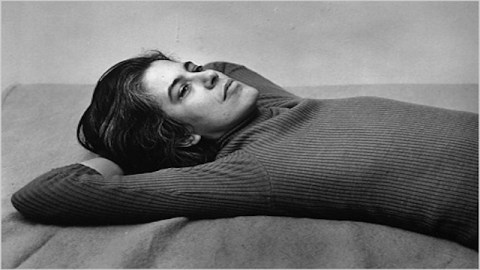Is Brilliance Inversely Proportional to Modesty? Speak, David Mitchell

David Mitchell is the subject of the latest Paris Review Interview. He is charming. When asked, “Are you a storyteller outside of your writing?” he replies, “No. I botch jokes and bore my few friends if I do too much of the talking.” Whether or not this is true (we have no reason to believe it is not), why is it that the most interesting people are often those who attend almost religiously to a stance of humility? At the highest altitudes of deep thought, is there something in one’s wiring that reminds the mind that the greatest risk is in posing a threat to those around us? Not unlike sunscreen, is humility something that the best informed—and fair-skinned—apply to prevent unpleasant after-effects?
In the same Paris Review interview, there is this exchange:
INTERVIEWER
The epigraph to Number9Dream is from Don DeLillo: “It is so much simpler to bury reality than it is to dispose of dreams.”
MITCHELL
The best line in the book and it’s not even mine.
Again, Mitchell wins us over by showing specific respect to another fine mind, not his own (axiomatically). It was not always the case that writers felt the need to be humble; some of the most celebrated creative forces of the last generation—Norman Mailer and Susan Sontag come to mind, perhaps as first among equals—took no pains to self-deprecate. Why not be proud? Humility is a quality that artists are not known for, and so in an almost Chicken-Egg tradition, we neither expect it from them nor show shock when they fail to provide it.
Whether genetic, whether something “that comes with age,” whether even a lesson learned from parents and siblings, it is undeniable that humility is winning. Said another way, modesty—which is not to say false modesty (the latter being easy to identify) is charming. There is no reason not to possess it. Will the next generation of writers and artists take this to heart? Will David Mitchell’s temperament be the Mailer of our times?
Mitchell has set a certain critical bar for “brilliance.” His work is at once magical and dense. Dave Eggers, reviewing the new Mitchell novel for the New York Times, noted that the book “confirms Mitchell as one of the more fascinating and fearless writers alive.” From one celebrated mind to another. Both of these writers are eloquent in their humility. A sign of our times? Or a sign that we learn from the past, before inevitably divined to repeat it.





